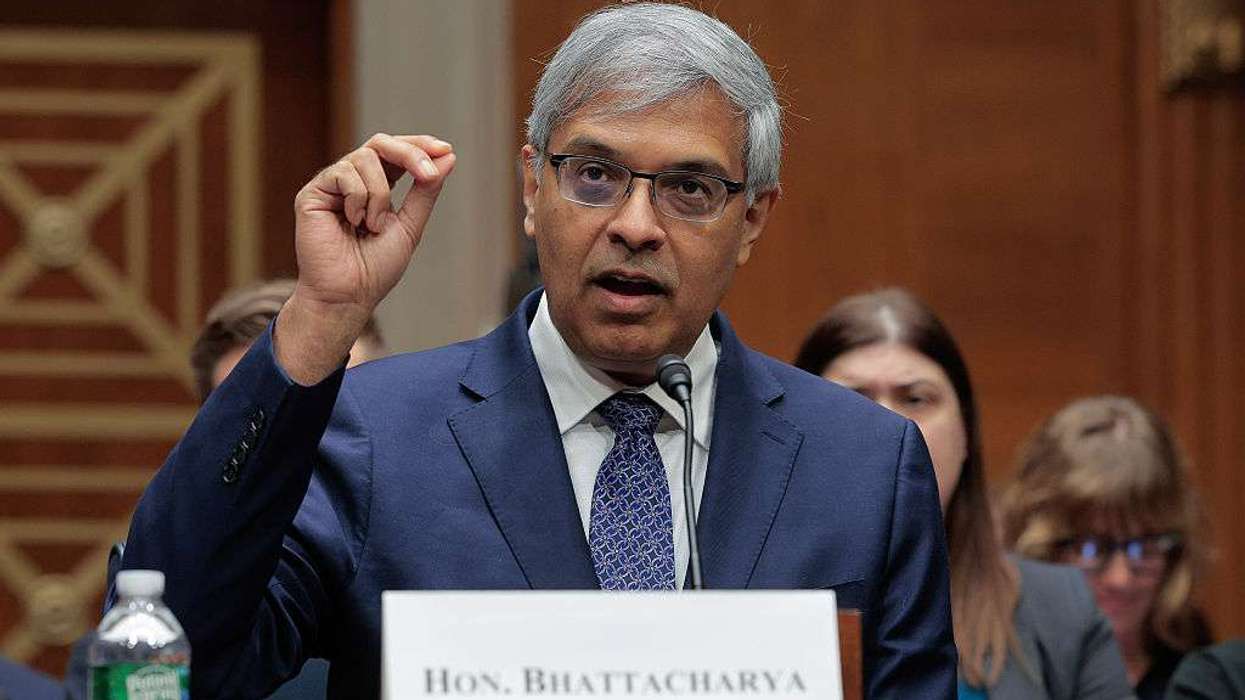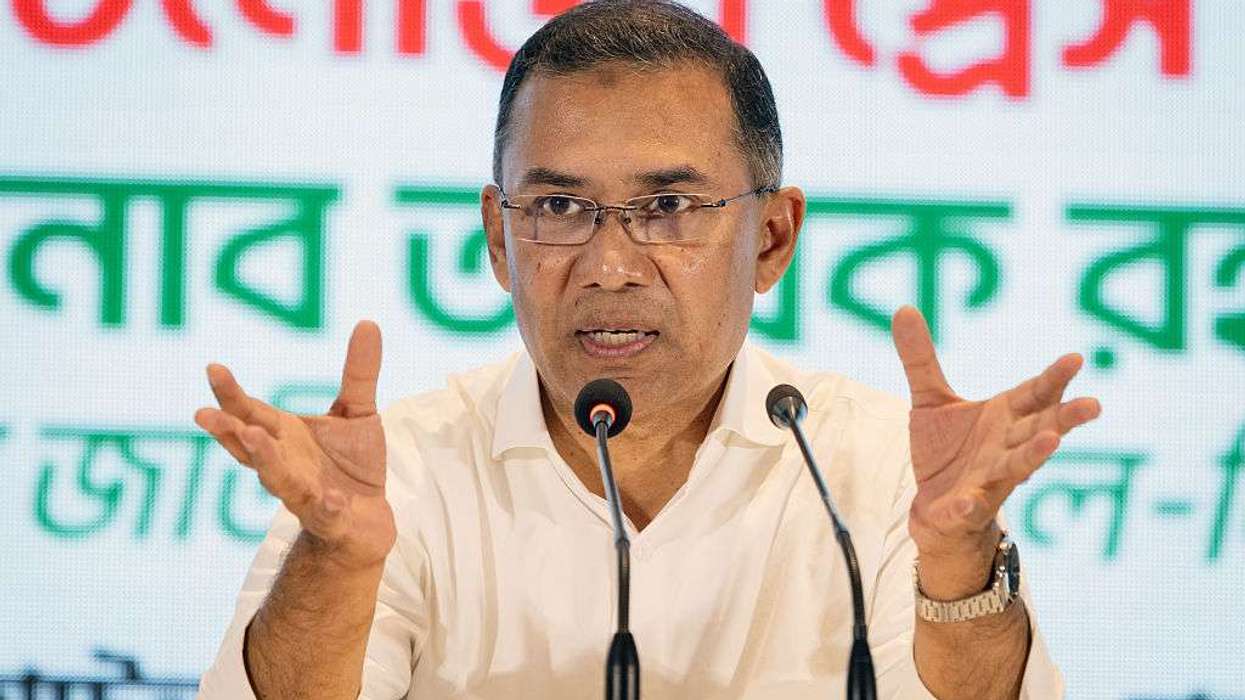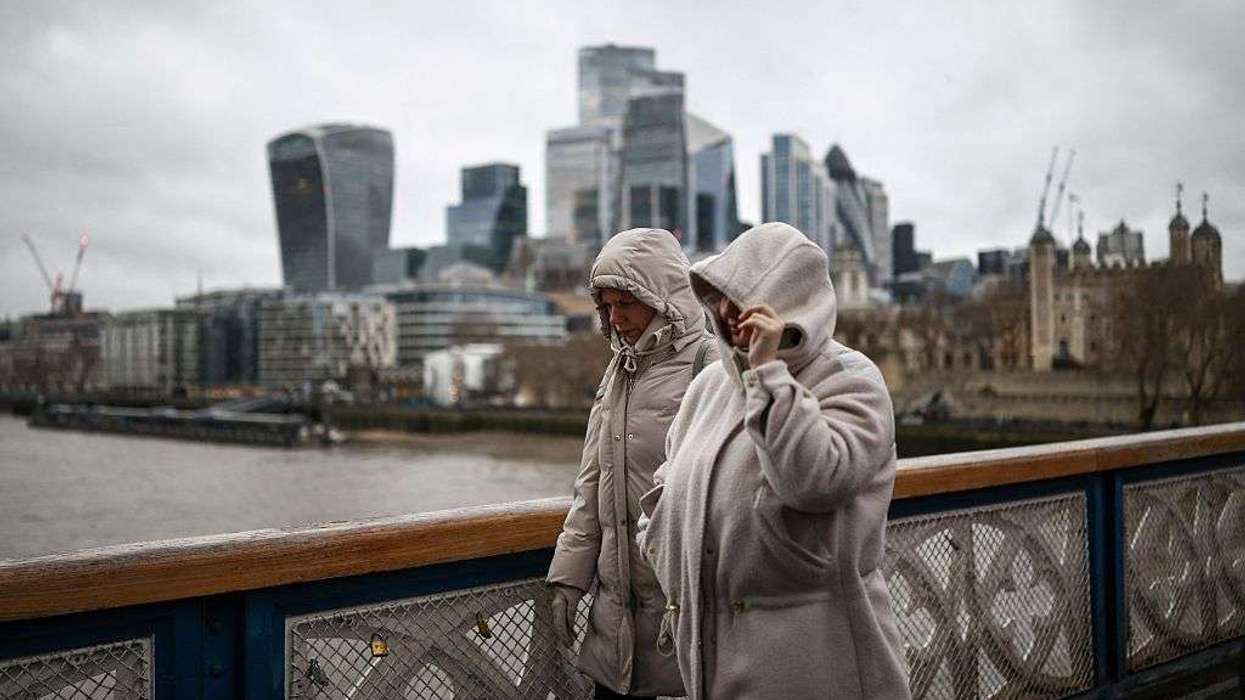Abdul Shayek, the artistic director and joint CEO of Tara Theatre, has passed away. He was 39.
Tara Theatre shared the news of his death on social media.
“It is with immense sadness that we are announcing the death of Abdul Shayek, beloved Artistic Director and Joint CEO of Tara Theatre, aged 39. We are heartbroken to share this news on behalf of his family. Abdul died at home unexpectedly, of natural causes,” read the statement. “Abdul’s family and Tara Theatre respectfully request privacy and space to come to terms with our devastating loss.”
Tara Theatre, UK’s longest-established Asian, Black, and ethnically diverse led theatre company, is known for creating theatre through a South Asian lens, championing South Asian voices and artists, and identifying new narratives, ideas, and forms.
Abdul joined as the company's Artistic Director in August 2020, succeeding founding artistic director Jatinder Verma.
He was previously the founding Artistic Director & CEO of Fio, an international theatre company based in Cardiff.
He was also a member of the British Council’s Arts and Creative Economy Advisory Group.




